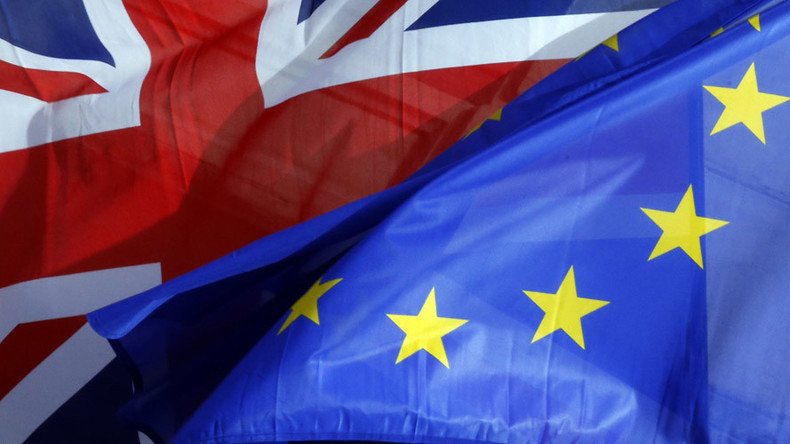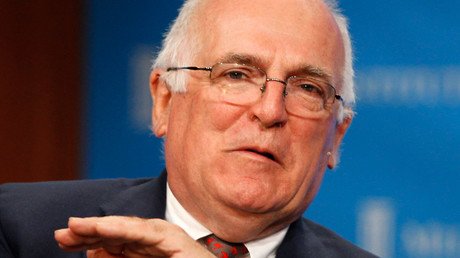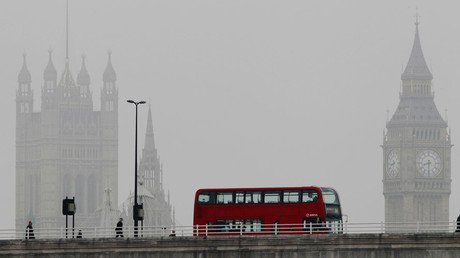Brexit campaign claims 250 business leaders as backers

Some 250 business leaders have allegedly thrown their weight behind the call for Britain to leave the EU amid claims that it acts as a “job destruction regulatory machine” for smaller businesses and promises that “jobs, wages and economy will thrive” if UK votes for Brexit.
One of the groups supporting a British exit, Vote Leave, has unveiled its list of backers including the former chief executive of HSBC Michael Geoghegan; John Moulton, chairman of Better Capital LLP; and Tim Martin, the boss of pubs group JD Wetherspoon (JDW.L).
"With our growing list of business supporters, Vote Leave will make that case that whilst the EU might be good for big multinationals, for smaller businesses it acts as a job destruction regulatory machine," Matthew Elliott, chief executive of Vote Leave, said Saturday.
Two prominent UK entrepreneurs have denied signing up, however. David Ross, the co-founder of Carphone Warehouse, told the Sunday Times that he “no idea” why his name had been added to a list of Vote Leave supporters.
“Mr Ross has not made any commitment at all. We have no idea where this has come from. Mr Ross will make a decision one way or the other when he gets back from his Easter break in a couple of weeks,” the spokesman said Sunday.
A spokesman for John Caudwell, the co-founder of Phones 4u, told the newspaper that he “did not put his name on the list," adding that “You have to question how this list has been compiled.”
Vote Leave meanwhile said it was setting up a Business Council to argue that EU membership was holding back business. The group will be headed by John Longworth, who quit as director general of the British Chambers of Commerce (BCC) earlier this month after he spoke out in favor of leaving the EU, accusing Prime Minister David Cameron of trying to peddle “highly irresponsible” scare stories backing his stance to stay in the bloc.
“If the government keeps peddling the line that it will be a disaster if we leave, which it actually won’t be, they are going to put the country in a position where it will be damaged if we do,” Longworth told The Telegraph.
The camps arguing for and against the UK staying in the EU ahead of a referendum on June 23 have made the economic outcome of a 'Brexit' and security issues a cornerstone of their campaigns.
Late last month the bosses at over a third of Britain's biggest companies, including CEOs at Royal Dutch Shell and Vodafone, said leaving the EU would “deter investment, threaten jobs and put the economy at risk."
In a report titled, “Assessing the Economic Implications of Brexit,” and released on Tuesday, Oxford Economics analyzed how Britain’s political and economic landscape would change if Britons voted to leave the EU.
Of nine post-exit scenarios considered, the report predicted the most positive Brexit scenario for Britain involves a gross domestic product (GDP) fall of just 0.1 percent by 2030, which is actually equivalent to a rise of around £40 for everyone in the country. But there's a catch. Oxford Economics says that this positive Brexit scenario could only be achieved if the government continues to allow in migrants from Europe. This is in contrast to claims by Britain’s “Leave” campaign that quitting the EU would mean Britain could reduce immigration.
Ratings agency Moody's has recently warned of "clear downside risks" if Britain votes to leave the European Union, adding that this would make the country's debt more vulnerable to a downgrade.














